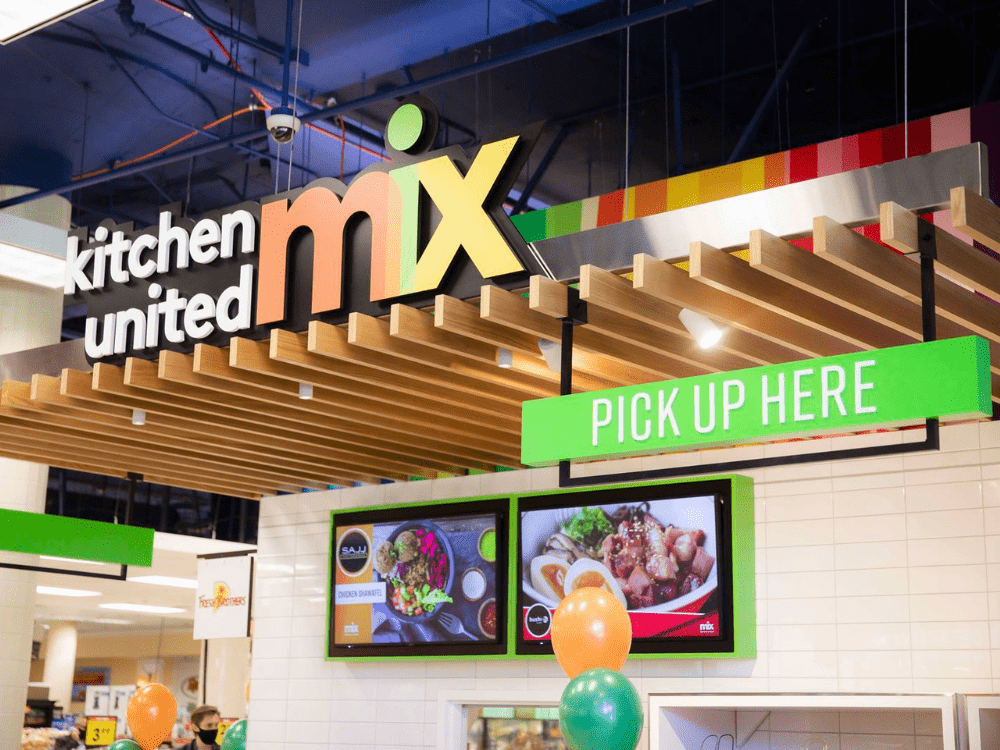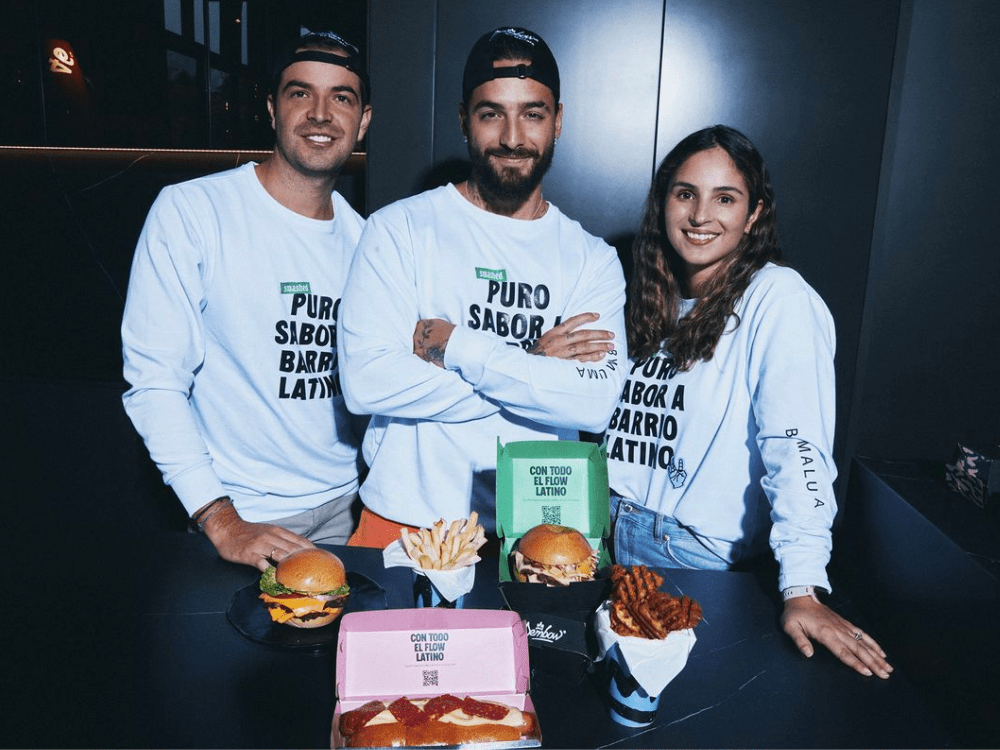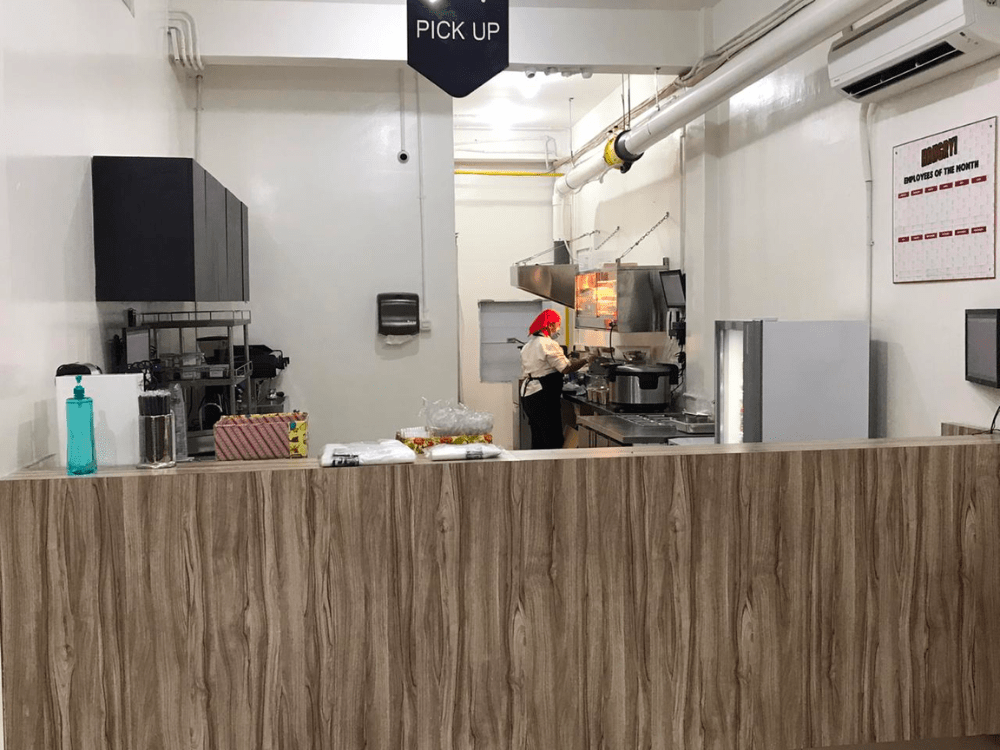They never did replace the dine-in restaurant but ghost kitchens — kitchens that are not attached to a specific restaurant — are a permanent, and growing feature, of the hospitality industry. Today, early-stage startups founded in the last couple of years are the driving force of this cloud retail infrastructure segment.
VC investment funneled more than $1 billion into ghost kitchens in the last 12 months, according to preliminary data from AgFunder. A lot of that was thanks to Uber founder Travis Kalanick’s CloudKitchens, which closed a mega-round from Microsoft and others. Nonetheless, a healthy supply of early-stage deals continues to flow in, and restaurants — particularly large chains — keep signing up to the concept. [Disclosure: AFN’s parent company is AgFunder.]
A brief history of ghost kitchens
The ghost kitchen concept is pretty loosely-defined nowadays. It goes by many names: “ghost,” “cloud,” “dark.” And it takes many forms.
Prior to the Covid-19 pandemic, “ghost kitchen” generally referred to large spaces housing multiple kitchens. Restaurants and food entrepreneurs could rent kitchens to test out new concepts or fulfill the increasing number of incoming delivery orders.
When the pandemic sent the world into lockdown in 2020, restaurants turned en masse to ghost kitchens. For a moment, many held the shared kitchen model up as the future of restaurants. Some even said the dining room would die.
However, it quickly became — and remains — apparent that the commissary kitchen model described above only makes sense for large chains. Back in 2020, Kitchen United’s then-CEO Jim Collins said restaurants needed an enormous amount of existing demand to justify the cost of using a ghost kitchen.
The rise of virtual restaurants has expanded the idea of what ghost kitchens can be. Kitchen United, for example, took the concept to grocery stores. US-based chain Wow Bao helped pioneer a concept that involves cooking the food of one restaurant brand in the kitchen of another. Operations like Cruising Kitchens provide the infrastructure to make ghost kitchens mobile.
Ongoing challenges
Pandemic-level hype around ghost kitchens has largely died. And though major chains still embrace the idea, the sector isn’t without its issues.
Reef, once one of the biggest ghost kitchen companies, has closed many units amid slowing sales. The company has also come under fire for regulatory issues. Recently, major chains have cut ties with the company.
Food delivery overall has lost steam as the world returns to in-person activities, which could impact ghost kitchens in the long run. And quick commerce, which applied the ghost kitchen concept to convenience stores, is currently flailing amid the ongoing downturn.
Even so, there is still plenty of growth, particularly where early-stage companies are concerned. The following list profiles the companies that raised the largest venture capital funding rounds over the last 12 months. These companies run the gamut, from longtime players fundraising in the millions to up-and-comers just entering the industry. They give us a clue as to how ghost kitchens could evolve in the near term.
| Company | Founded in | Funding to date | Country |
| CloudKitchens | 2016 | $1.25bn | USA |
| Kitchen United | 2017 | $150m | USA |
| Not So Dark | 2019 | $104m | France |
| Eat Club Brands | 2012 | $103m | India |
| Foodology | 2019 | $84.5m | Colombia |
| Hangry | 2019 | $37m | Indonesia |
| Bigspoon | 2019 | $16m | India |
| Virtual Dining Concepts | 2018 | $20m | USA |
| CloudEats | 2019 | $13.6m | Philippines |
| Saltalk | 2018 | $11m | USA |
Spotlight: top ghost kitchen companies
CloudKitchens
CloudKitchens might be aptly described as part-real estate, part-restaurant business. The concept, led by ex-Uber CEO Travis Kalanick, buys up warehouse space and converts it into kitchens for rent. Well-known US chains like Halal Guys and Sweetgreen call CloudKichens spaces home. It also partners with local restaurants and food entrepreneurs wanting to test or launch a brand.
The CloudKitchen setup offers restaurants space, equipment, utilities and other infrastructure, in addition to delivery services that can take the food from the kitchen to the customer. CloudKitchens courts its fair share of controversy, though. Restaurant operators allege a variety of safety and security issues. Many are jumping ship.
Nonetheless, the company topped the list of investments in the last year with its $850 million mega-raise at the tail-end of 2021. It was later announced that Microsoft participated in this round.

Kitchen United
Kitchen United (KU) is one of the older cloud kitchen operations on the list. Similar to CloudKitchens, it provides physical kitchen infrastructure to restaurants wanting to launch a digital concept or fulfill digital orders of its existing business.
Over the years the company has expanded across the US from just one original location in Pasadena, California. Its MIX technology lets diners mix and match items from different menus at the premise. More recently, KU has branched into non-restaurant settings like grocery stores. Last year, it struck a deal with Kroger to provide meal delivery from popular restaurants to Kroger shoppers.
KU acquired NYC-based Zuul about a year ago, most likely for the latter’s technology stack. It also raised $100 million earlier this year.

Not So Dark
France’s Not So Dark started out as a network of ghost kitchens. Its founders understood the difficulties, financial or otherwise, that came with running a kitchen space.
The company pivoted to offer digital food brands restaurants can cook out of their own kitchens. The idea is to help restaurants make additional revenue. Not So Dark creates the recipes and sources the ingredients. Customers access the menu via popular delivery apps like Deliveroo. Restaurants only have to prepare the food. To make money, Not So Dark takes a cut of the restaurant’s revenue.
The company recently raised $80 million from Kharis Capital, Verlinvest and others.

Eat Club Brands
Tiger Global-backed Eat Club Brands bills itself as “a full-stack cloud kitchen company.” In other words, it handles every aspect of running a ghost kitchen, from sourcing ingredients to food preparation. The Eat Club concept houses the company’s own home-grown brands including MOJO Pizza, BOX8 and others.
Customers can join the Eat Club and receive 30% off on all orders. The company says members also avoid delivery and packaging fees common with online food orders.
Eat Club Brands raised two rounds in the last 12 months: a $40 million round at the end of 2021 followed by a $30 million raise this year.

Foodology
Bogota-based Foodology is a combination cloud kitchen/virtual restaurant company. It operates its own kitchen spaces in addition to creating its own restaurant brands. Data on what customers in any given area like to eat inspires the available brands in each geographical region.
Brands are standard ghost kitchen fare that travels well: burritos, wings, pizza, and brunch, among others. Foodology says it has 1,200 employees currently, 1,000 of which work in the kitchens.
The company operates 85 kitchens across Colombia, Mexico, Peru and Brazil. Its recent $80 million Series B fundraise from reggaeton superstar Maluma and others will go towards further Brazil expansion.

Hangry
Indonesian startup Hangry wins the prize for best ghost kitchen company name. It’s also steadily grown its virtual restaurant business and aims to be a global food and beverage brand in the future.
Like Foodology, Hangry operates its own homegrown restaurant brands available through popular delivery apps, including its own. There are currently five brands available at more than 80 outlets across Indonesia. Each outlet can cook and serve all of the Hangry restaurant brands. Many of them also include a pick-up area for customers that want to collect their food in person.
Hangry raised $22 million in Series A funding this year and will continue expanding nationwide across Indonesia for the time being.









